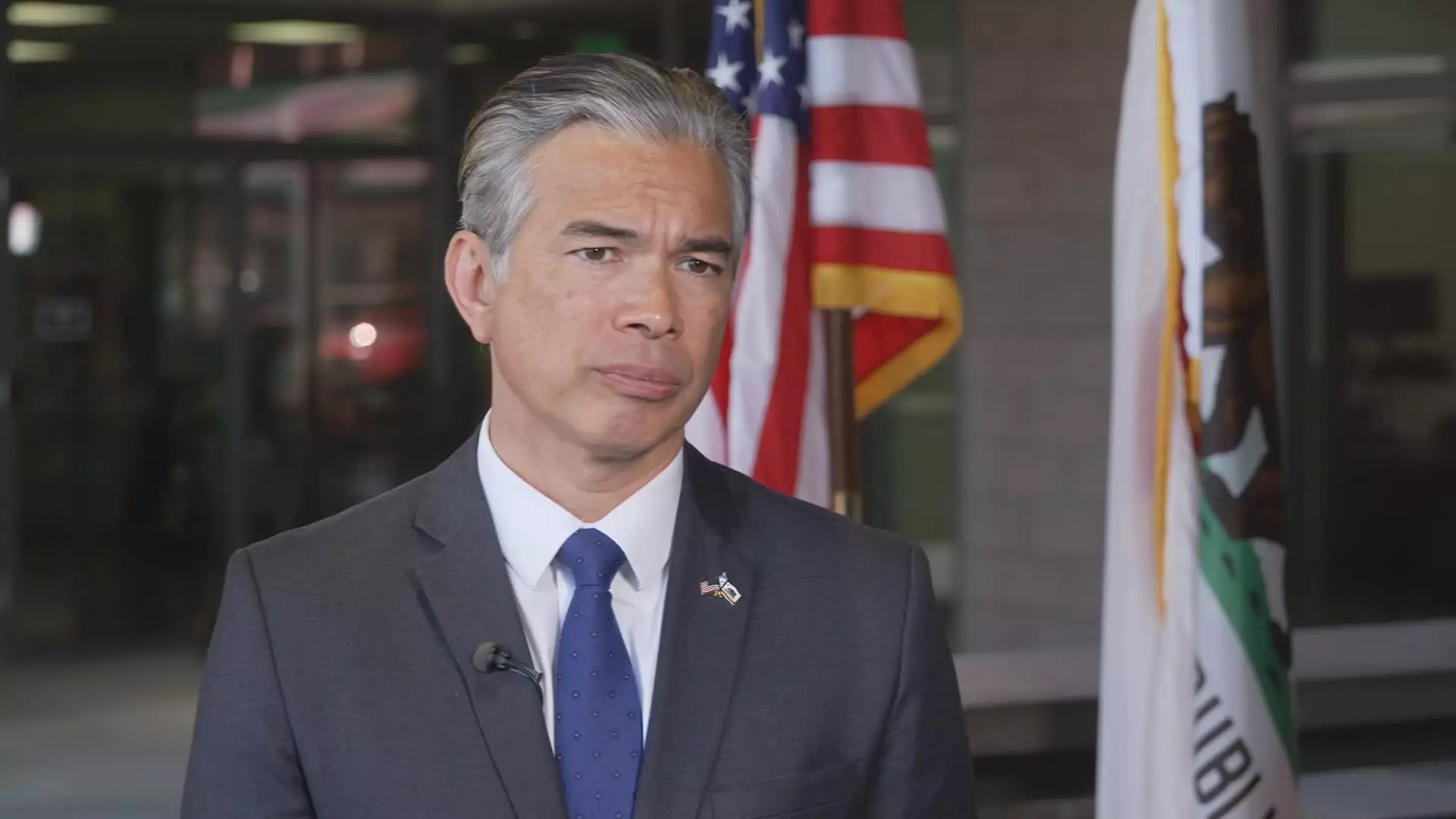In a recent development, California Attorney General Rob Bonta issued a warning to executives of leading tech companies urging them to take necessary steps to protect voters from deceptive practices, intimidation, and dissuasion in the lead-up to the upcoming November election. Bonta highlighted the critical role that social media and artificial intelligence services play in providing news and information related to elections and stressed the importance of ensuring that these platforms are not misused to mislead voters about their constitutional right to vote.
Bonta’s letter to CEOs of Alphabet, Meta, Microsoft, OpenAI, Reddit, TikTok, X, and YouTube referenced various sections of California law that prohibit interference with voting rights through misleading information about voting locations and times, as well as the use of intimidation tactics. Furthermore, California state law specifically prohibits the distribution of materially deceptive audio or visual media of candidates within 60 days of an election with the intent to deceive voters or damage a candidate’s reputation.
The backdrop of Bonta’s cautionary message includes recent incidents involving prominent figures and technology-driven misinformation campaigns. Pop icon Taylor Swift’s endorsement of Kamala Harris for president drew attention after AI-generated images falsely claimed that Swift had endorsed Donald Trump. Additionally, X owner Elon Musk shared an AI-generated image depicting Harris as a communist dictator, accompanied by misleading comments, further fueling the spread of misinformation.
Tech giants like Google, OpenAI, Microsoft, and X have developed tools such as Gemini, Dall-E, Chat GPT, copilot, and Grok that enable users to create images and text based on prompts or questions. While these technologies offer innovative capabilities, concerns have been raised about their potential misuse, particularly in the context of political campaigns. Musk’s xAI product, Grok-2, in particular, has been criticized for its perceived lack of safeguards against the creation of fake images of political figures.
The increasing integration of technology in election processes and political discourse underscores the need for stringent ethical standards and regulatory oversight. As digital platforms continue to evolve and impact public opinion, it is crucial for tech companies to prioritize transparency, accountability, and integrity in their services to safeguard the democratic process and uphold the rights of voters.

